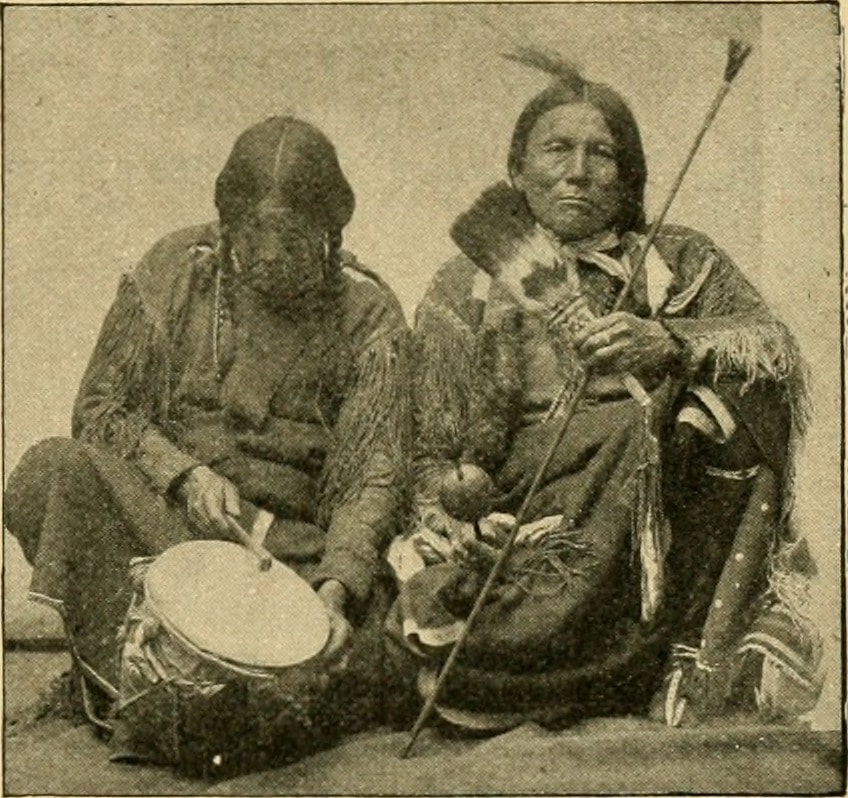Music Genres Are More Universal Than You May Think
Researchers tested if listeners could identify lullabies, dance, love, and healing songs from different cultures.
Listen to Universe of Art on Apple Podcasts, Spotify, Google Podcasts, Stitcher, TuneIn or your favorite podcasting app.

This is the question that cognitive scientist Samuel Mehr and evolutionary biologist Manvir Singh were interested in answering. They played lullabies, dance songs, and other types of songs to random internet users to see if there was a universality between these musical forms.
Their results were published in Current Biology in 2018. Mehr and Singh discuss whether music is universally understood across cultures, and how context and culture play a role in our understanding of music.
Universe of Art is hosted and produced by D. Peterschmidt, who also wrote the music. The original segment was produced by Alexa Lim. Our show art was illustrated by Abelle Hayford. Support for Science Friday’s science and arts coverage comes from the Alfred P. Sloan Foundation. Do you have an idea for a future episode of Universe of Art? Send us an email or a voice memo to universe@sciencefriday.com.
Dee Peterschmidt is a producer, host of the podcast Universe of Art, and composes music for Science Friday’s podcasts. Their D&D character is a clumsy bard named Chip Chap Chopman.
Alexa Lim was a senior producer for Science Friday. Her favorite stories involve space, sound, and strange animal discoveries.